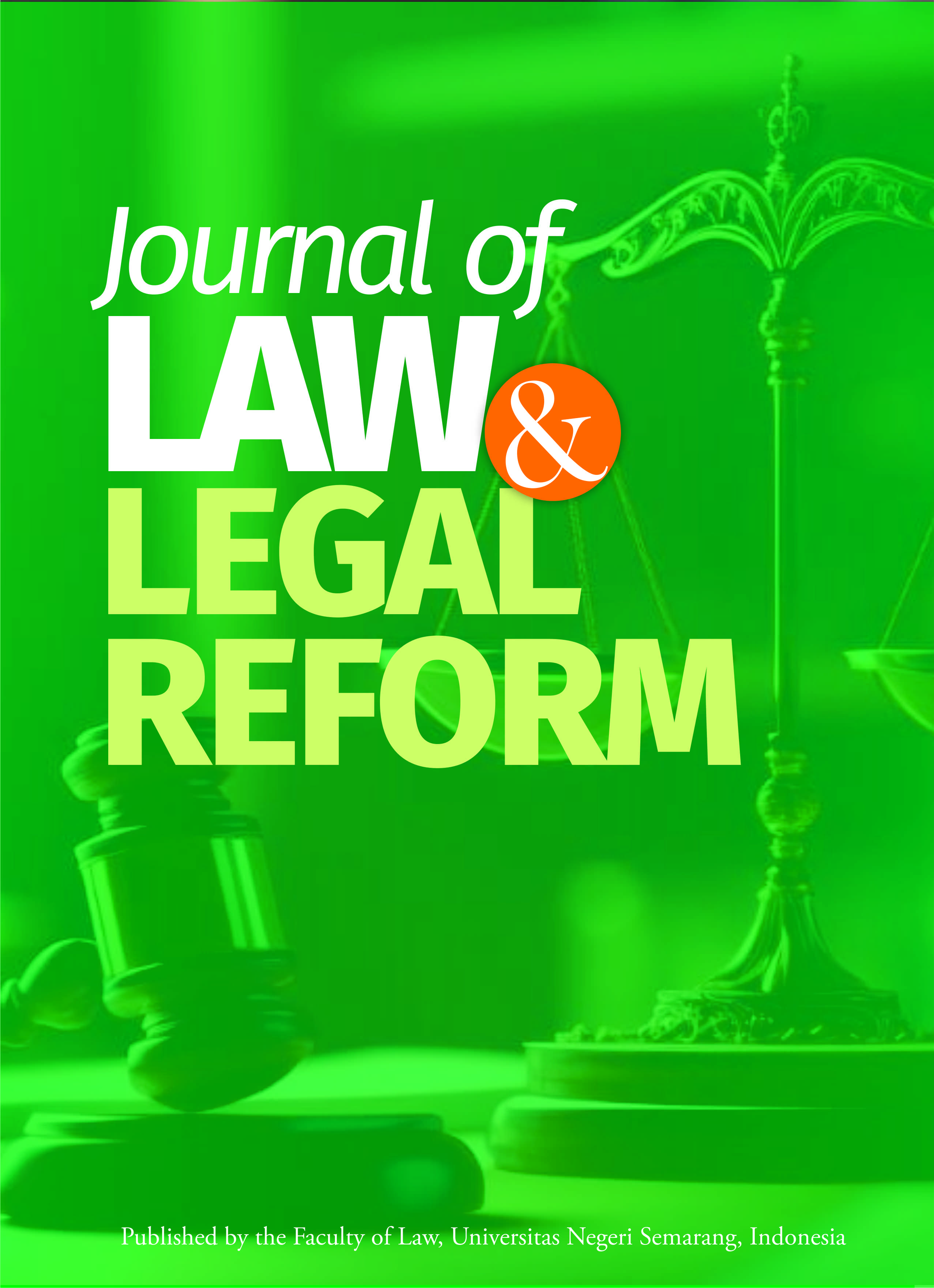Traditional Institutions and Socio-economic Development in Nigeria: A Critical Analysis
Main Article Content
Abstract
Traditional institutions held pre-eminence positions in the pre-colonial societies in Nigeria. The level of order witnessed during this period was a testimony to the invaluable roles played by the traditional rulers in administering their different empires, kingdoms and communities. However, during the colonial era, the position of traditional rulers was compromised as they became mere stooges of the colonial power. The post-colonial period saw the traditional rulers’ roles diminished as they were given advisory roles in previous constitutions and with no single role in the 1999 Constitution. Thus, for the continuous relevance of the traditional institutions, there is a need for re-examination of their roles in the country. This chapter argues for community based developmental roles for the traditional rulers in the country. These include promotion of tourism development, encouraging modern agricultural development, maintenance of peaceful co-existence among the people of their domain and settlers from other parts of the country, providing platform for alternative dispute resolution, monitoring the activities of the various vigilante groups and other unconventional security apparatus in their communities and lastly partnering the security operatives through intelligence gathering within their domains for effective operations of security outfits in serving the people better.
Article Details
All writings published in this journal are personal views of the authors and do not represent the views of this journal and the author's affiliated institutions. Author(s) retain copyrights under a Creative Commons Attribution-NonCommercial-ShareAlike 4.0 International (CC BY-NC-SA 4.0).
References
Akinfenwa, B. (2013), Traditional rulers and the challenges of democratization in Nigeria. Published online.
Akinola, D. (2015), The Role of Traditional Rulers in Nigeria Government and Politics, Being a seminar paper presented in Seminar Series, Department of Political Science, University of Ibadan.
Amusa, B. and Ofuafor, O. (2012), Resilience of Traditions in Contemporary Politics: A Historical Study of the Political Influence of Traditional Rulers in Nigeria. Current Research Journal of Social Sciences 4(6), 407-414.
Barash, D. P. and Webel, C. P., (2009) Peace and Conflict Studies, California: SAGE Publications Inc.
Caron, B, Gboyega, A, and E. E. Osaghae (eds.). (1992), Democratic Transition in Africa, Ibadan, CREDU Documents in Social Sciences and Humanities.
Chiedozie, I. (2016), “Tension as Enugu recruits 25,000 neighbourhood watch members”, The Punch, Thursday, October 13.
Crowder, M. & Ikime, O. (1970), West African Chiefs: Their Changing Status under Colonial Rule and Independence. University of Ife Press, Ile-Ife, Ife.
Egbe, J. (2014), Native Authorities and Local Government Reforms in Nigeria since 1914. Journal of Humanities and Social Science, 19(3), 113-127.
Gurr, T. (1980), Handbook of Political Conflicts, New York, Free Press
Heinecke, P. (1986), Popular Fallacies in the Nigerian Social Sciences. Okpella, S. Asekome Publishing Company.
Huntington, S. P. (1968), Political Order in Changing Societies, New Haven CT. Yale University Press
Johannesburg, J. (2002). World Summit on Sustainable Development, London, Bath Press.
Momoh, A. (2006), Democracy, De-Democratisation and Development, Nigerian Journal of International Affairs, 32(2).
National Institute for Cultural Orientation NICO (2014), “On Culture, Peace and National Security: The Role of Traditional Rulers in Nigeria’s Democracy” NICO National Conference for Traditional Rulers held between 26th-27th May, 2014 at the Banquet Hall, Arewa House, Kaduna, Kaduna State.
Nweke, C. (1992), Female Participation in Politics: The Case of the 1990 Local Government Council Elections in the Northern Zone, Nigerian Journal of Elections and Political Behavior, 3(1).
Ogundiya, S. I. (2010), Political Parties, Institutionalisation and Democratic Consolidation: Theoretical Nexus and Nigeria’s Experience in the Fourth Republic in Ogundiya, S. I. (ed.) Political Parties and Democratic Consolidation in Nigeria, Ibadan, Codat Publications.
Omitola, B. O. (2012), Terrorism and Nigerian Federation: The Challenges of Disintegration of the Fourth Republic, African Security Review, 21(4). 4-16
Omitola, B. O. (2013), The Nigerian State and Security Challenges: Beyond Insurgency, Militias as Peacemakers, A paper delivered at the Fourth ISS Conference on National and International Perspective on Crime Reduction and Criminal Justice held in Johannesburg between 20th and 22nd August 2013.
Omitola, B. O. (2014) “Global War on Terror in Africa from Below: Militias and vigilante as Peacemakers in Nigeria” A paper presented at the 4th Annual African Unity for Renaissance Conference and Africa Day Expo held from 22nd to 25th May , 2014 at Saint George Hotel, Pretoria, South Africa.
Omitola, B. O. (2016a), “Popular Security Architecture for Nigeria: Experiences from Aspects of Indigenous Culture and Traditions” A paper presented at 2016 Africa Conference held in University of Texas at Austin, Texas, from 25th to 27th April, 2016.
Omitola, B. O. (2016b), “Overcoming Leadership Deficit in Nigeria: Lessons from “Africanity” Concept of Omoluabi in Yoruba South-West, Nigeria” A paper presented at the 2016 TOFAC Conference held at Redeemer’s University, Ede Osun State, Nigeria from 2rd to 4th July, 2016.
Onuoha Freedom, (2008) Oil pipeline Sabotage in Nigeria: Dimensions, Actors and Implications for National Security”, African Security Review, 1(3).
Oyeweso, S. O. (2012), “National Interest, Security and Development: The Role of Traditional Rulers in Mitigating Non-State Security Threats in Nigeria” A paper delivered the 5th General Assembly of the National Council of Traditional Rulers in Nigeria (NCTRN), Abuja, Ashcraft Centre for Social Sciences Research.
